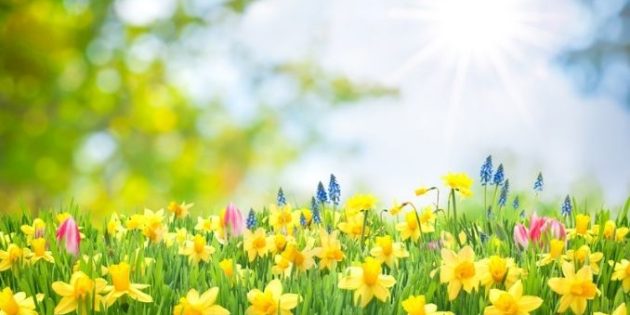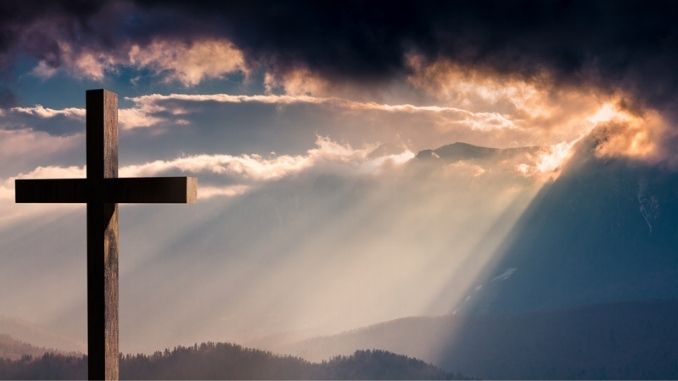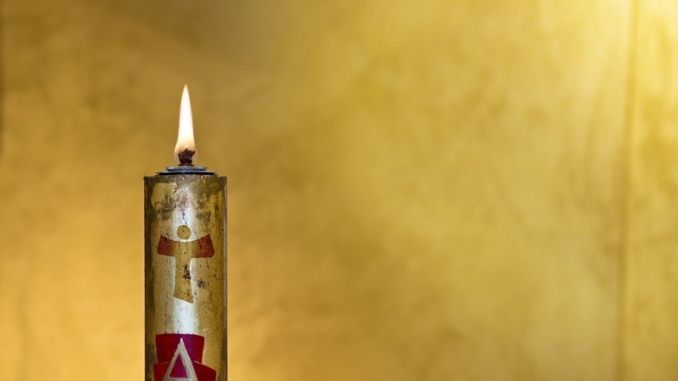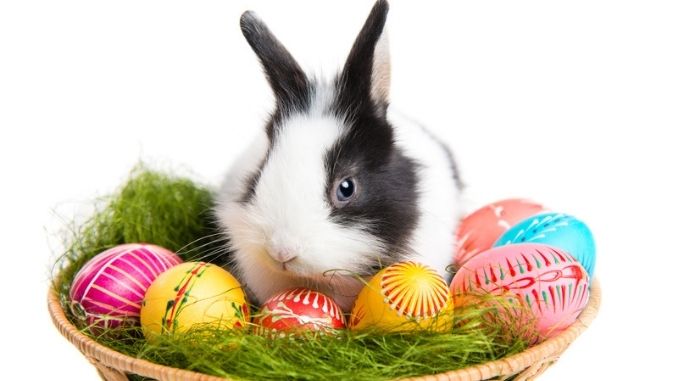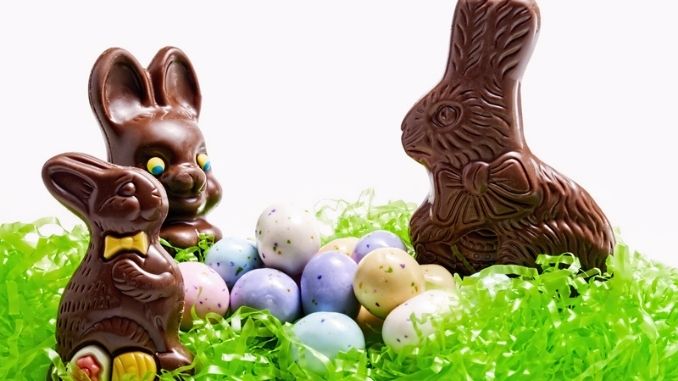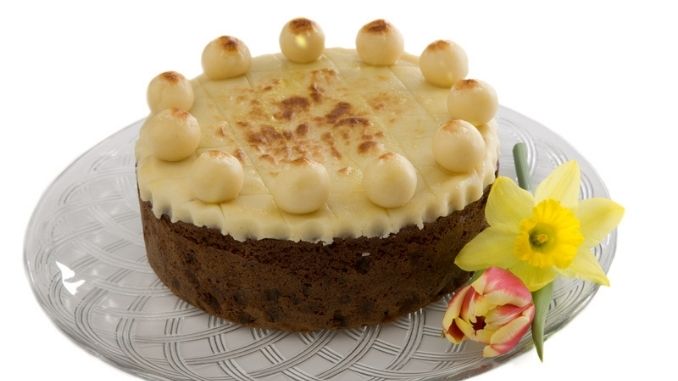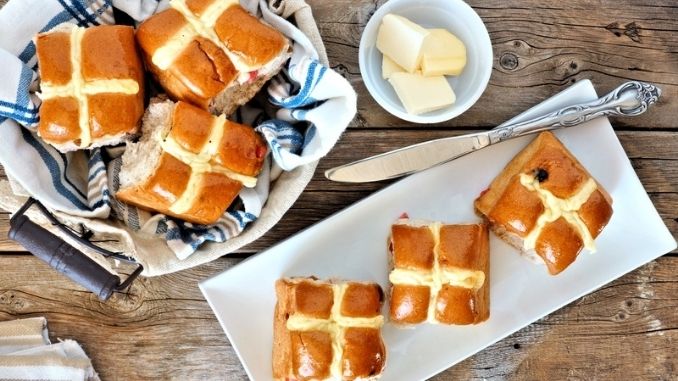Did you decorate and collect hidden eggs around the lawn with friends and family during childhood? This annual event is full of fun-filled experiences that every child treasures.
Easter is widely celebrated and a principal festival of the Christian Church, regarded as the time Jesus Christ was resurrected from the dead. Easter is the fulfilled prophecy of the Messiah who would be persecuted, die for our sins, and rise on the third day (Isaiah 53). Celebrating Easter is a way of remembering the resurrection of Jesus and renewing daily hope that we triumph over sin. According to the New Testament, Easter is three days after the death of Jesus on the cross.
Origin of Easter
The story behind Easter comes from the New Testament of the Bible, which narrates how the Roman authorities arrested Jesus because he claimed to be the “Son of God.” Jesus was sentenced to death by Pontius Pilate. His resurrection three days later marks Easter, becoming the principal festival of the Christian church each year.
The exact origins of this holy feast day are unknown, but some claim the word Easter is derived from Eostre, a Teutonic goddess of Spring and fertility. Easter is an entire season of the Christian church year rather than just one day of celebration. The 40 days leading up to Easter Sunday are known as Lent and are a time of reflection and penance.
Naming this celebration seems to go back to a pre-Christian goddess in England, Eostre, who was celebrated at the beginning of Spring. The only reference to this goddess comes from the writings of the Venerable Bede, a British monk who lived in the late seventh and early eighth centuries.
Easter’s earliest celebration was first recorded in the 2nd Century, though the commemoration of Jesus’ Resurrection probably occurred earlier. Easter means East, where the sun rises, bringing light, warmth, and hope, a symbol for the Christian of the rising Christ, who is the true Light of the world. The Paschal Candle used during the Easter Vigil is a central symbol of this divine Light, which is Christ. We keep it near the ambo throughout Easter and light it for all liturgical celebrations.
The Easter Celebration
Lent is the period of fasting when many churches set aside time for repentance and remembrance. Ash Wednesday starts Lent and ends on Good Friday when Jesus was crucified.
Holy Week, or Passion Week, includes Palm Sunday (the day Jesus entered Jerusalem and was celebrated), Maundy Thursday (the “Last Supper” where Jesus met with his disciples to observe Passover), and Good Friday (when Jesus would be crucified on the cross). This is the week that leads to Easter.
Easter Traditions
We commemorate the celebration of Easter with special church services, music, candlelight, flowers, and the ringing of church bells. In addition to Easter’s religious significance, part of the celebration of Easter is the giving of chocolate Easter eggs and Easter bunnies. Easter egg hunting and egg rolling are also popular.
Egg Hunting on Easter
Coloring and hunting for Easter eggs are two of the most popular traditions of Easter. Ancient pagans associated the egg, a symbol of new life, with festivals celebrating Spring. Easter eggs represent Jesus’ emergence from the tomb and resurrection from a Christian perspective. Decorating eggs for Easter is a tradition that dates back to at least the 13th Century, according to some sources. People believe that eggs were formerly a forbidden food during the Lenten season, so people would paint and decorate them to mark the end of the period of penance and fasting. The eggs would then be eaten on Easter as a celebration.
Bunnies at Easter
People think the story of the Easter Bunny originated in the 19th Century, but it first arrived in America in the 1700s. Legend has it that the Easter Bunny lays, decorates, and hides eggs as they symbolize new life. Rabbits usually give birth to a big litter of babies (called kittens), so they become a symbol of new life. Eventually, the custom spread across the U.S., and the fabled rabbit’s Easter morning deliveries expanded to include chocolate and other threats, while decorated baskets replaced nests. Additionally, children often left out carrots for the bunny in case he got hungry from all his hopping. The bunny doesn’t do all his work alone, though! In Switzerland, a cuckoo delivers Easter eggs, and in parts of Germany, a fox delivers Easter eggs.
Candy at Easter
Easter is the second-best candy-selling holiday in America (after Halloween). Candy eggs became wildly popular in the mid-1800s, but since the early 19th Century, chocolate eggs have been the most popular sweet treats associated with Easter. Since then, a basket full of chocolatey creations has become a beloved annual tradition. Easter baskets are filled with classic chocolate eggs, bunnies, and much more. New Easter candies are added each year, with abundant marshmallow flavors and great bright pastel colors on the rise.
Foods at Easter
Delectable and mouth-watering foods are plentiful at Easter. Lamb is a popular seasonal dish in the Spring, but the majority of traditional Easter foods that we know and love have religious origins. However, some foods have developed their significance as Easter symbols in modern times.
Traditional Easter foods include:
Roast Lamb
Many lambs are born in Spring, which links the Lamb to Jesus being the sacrificial lamb of God.
Chocolate Eggs
The Cadbury brothers created chocolate eggs as an experiment in the 19th Century. TInitiating this made it easier to decorate Easter eggs rather than decorating real ones. Decorators covered the first Easter eggs with marzipan flowers and filled them with sugared almonds.
Simnel Cake
Simnel cake originates unclearly, but the traditional cake includes a layer of marzipan in the middle and on top, as well as 11 marzipan balls to represent the apostles (without Judas because of his betrayal).
Easter Bunnies
We associate bunnies with Easter because of their fertility. Over the years, this legend has developed to be part of Easter by including these chocolatey treats.
Carrots
People always associate bunnies with carrots and consequently with Easter! Children often leave carrots for the Easter bunny, bake cakes with carrots on top, and include them as a tasty seasonal side dish for roasted lamb.
Hot Cross Buns
People traditionally eat these yummy buns during Good Friday. The cross on top of these fruit buns symbolizes the crucifixion. People believe that hot cross buns baked on Good Friday never get moldy throughout the year. Splitting a bun with a friend and saying, “Half for you and a half for me, between us two, shall goodwill be,” means that the friendship will strengthen in the coming years.
Another way of adding new and refreshing recipes to your table this season is to try our Easter Cookbook. You can check it at https://invincible-body.com/easter-cookbook-v4/ and enjoy 10 Easter recipes that are easy to make, delicious, and healthy too! These are just a few of the many foods during Easter.
Indeed, Easter Sunday is one of the most festive events among Christians worldwide, commemorating Jesus Christ’s resurrection from death, as written in the Christian bible. The holiday has become more commercialized with the sale of chocolate eggs, bunnies, and baskets, but it is still a special day for spending time with family and friends.
One of the best ways to celebrate Easter is to stock up on your favorite supplements! Click here to learn how to receive up to 50% off your next order.
